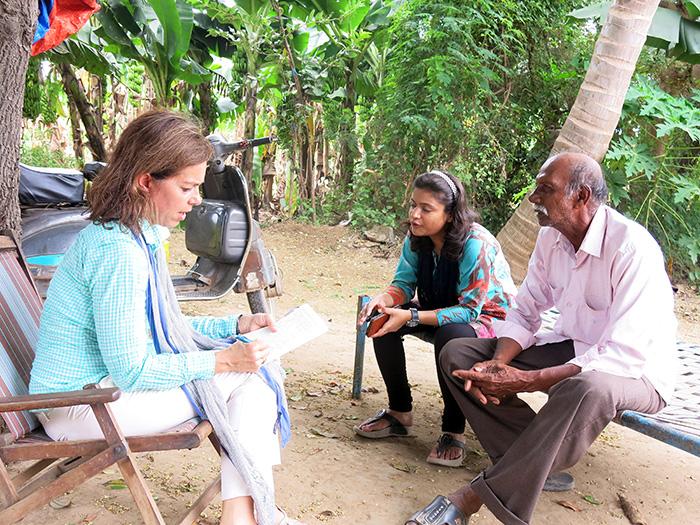
In India, groundwater is at risk from over-pumping. Soils are deteriorating. Heat is stressing crops. Rain has become more erratic. Warming is contributing to immense climatic variation, affecting agriculture across a variety of states. Agriculture is primed for sustainable solutions, in India and elsewhere. What will this mean for India’s food security, especially the poor who cannot keep up with rising food prices?
Earlier this month, I met with the farmers, policy advisors, business leaders, and researchers attempting to answer this question and more, thanks to a travel grant from the Pulitzer Center on Crisis Reporting. In the coming weeks, look for my reports on farmers and researchers in India, and elsewhere in the developing world, attempting to reconcile how to feed a growing global population amid sweeping environmental changes at the food, water, and energy nexus.
The National Socio-Environmental Synthesis Center, funded through an award to the University of Maryland from the National Science Foundation, is a research center dedicated to accelerating scientific discovery at the interface of human and ecological systems. Visit us online at www.sesync.org and follow us on Twitter @SESYNC.